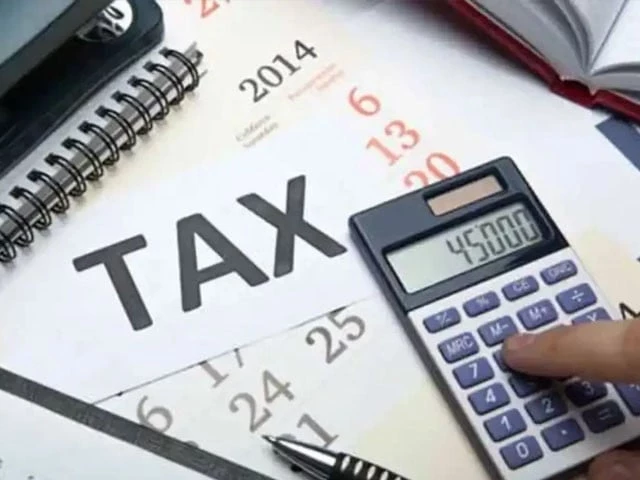The Industrial Policy Committees have recommended a series of tax reforms, including cutting the corporate tax rate and ensuring sales tax refunds within 72 hours, as part of efforts to attract investment and strengthen exports.
The proposals were presented during a high-level meeting under Pakistan’s Industrial Policy framework, chaired by Special Assistant to the Prime Minister (SAPM) on Industries and Production Haroon Akhtar Khan. PM’s Coordinator Rana Ehsan Afzal, Federal Board of Revenue (FBR) officials, and other key stakeholders were also in attendance.
One of the core recommendations is to gradually lower the corporate income tax rate from the current 29% to 26% over three years. Haroon Akhtar highlighted that Pakistan’s corporate tax rate is significantly higher than many regional economies, such as Vietnam, where it stands at 17%. Reducing the rate, he said, would improve business outcomes and stimulate economic growth.
The committees also suggested overhauling the super tax regime by applying it only on additional income rather than total profits. They proposed reducing the super tax rate to 5% over five years, with the possibility of eliminating it in the sixth year—conditional on achieving a positive primary fiscal balance.
To support exporters, the panels backed the introduction of a new Drawback of Local Taxes and Levies (DLTL) scheme and recommended timely payment of sales and income tax refunds. The proposed 72-hour refund system would be monitored through a dedicated mechanism to ensure efficiency.
Additional recommendations include eliminating cross-subsidies in industrial power tariffs, removing advance taxes on exporters, and offering export financing at rates 500 basis points below the prevailing policy rate. Simplifying banking procedures for exporters was also emphasized.
Reaffirming the government’s commitment to export-led growth, Haroon Akhtar conveyed Prime Minister Shehbaz Sharif’s directive to place exports at the heart of economic policy. He acknowledged challenges such as high interest rates, expensive utilities, and heavy taxation, stressing that targeted incentives could help local industries compete internationally and drive sustainable growth.




